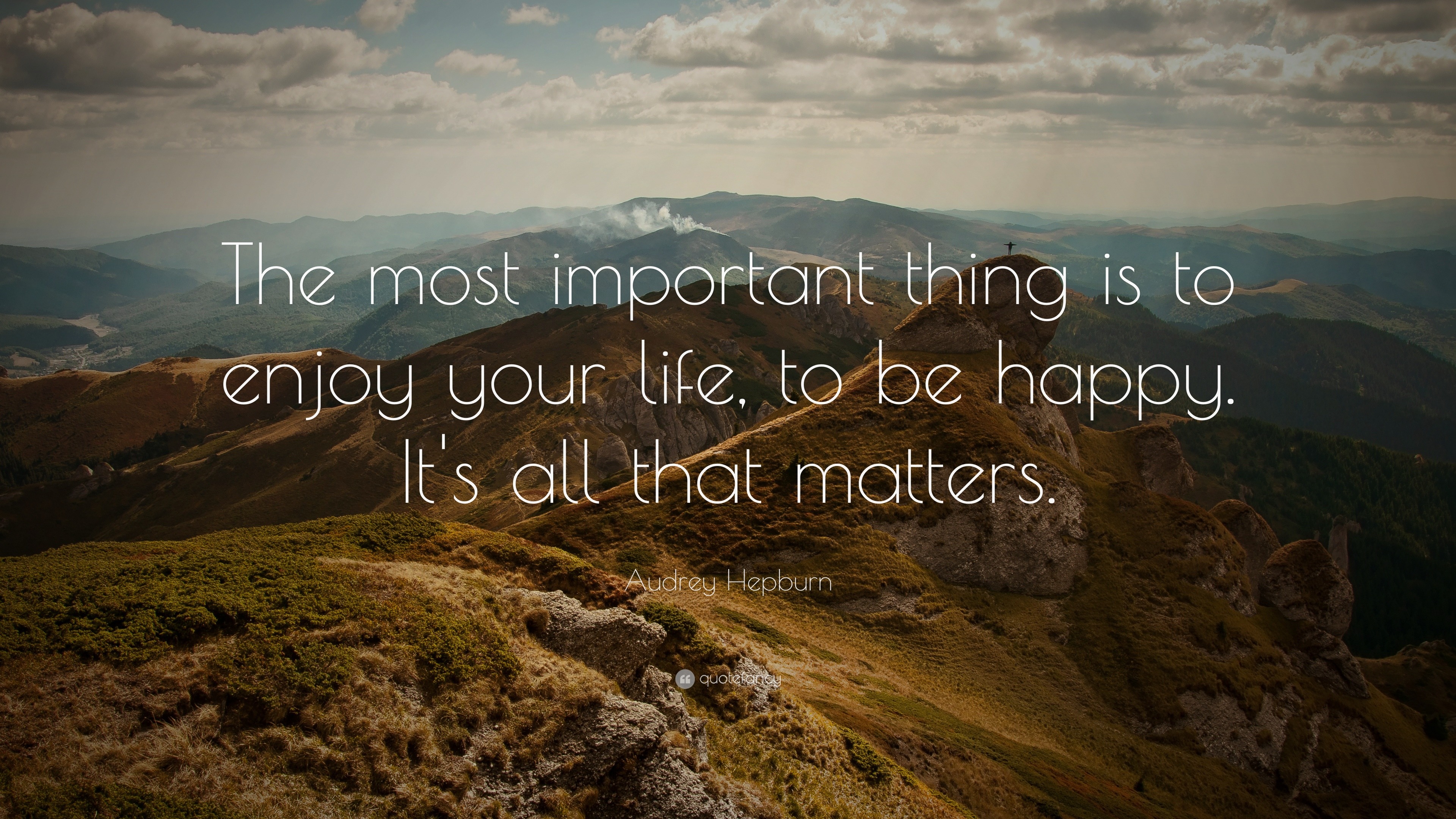June 15th: I landed in Calcutta. Thanks to Airtel
for sending me to the east, the only part of India I did not live. Four out of
the ten guys with whom I arrived in Calcutta are localities; who helped me with
some statutory warnings. The luggage at the airport took longer than usual to
arrive, that was when I heard the phrase “Its Calcutta man!”, for the first
time. Calcutta is one of the most humid places in India; and seeing that I was
sweating profusely, one of my local friends advised me to carry more than one
hand kerchiefs at all times. The weather here is almost the same throughout the
year, except when it rains, and you would need an AC except in December and
January.
When you Google Calcutta,
there many images showing crowded streets, dense places etc. It is true,
Calcutta is very crowded, as the case with many cities in India. Calcutta is
world’s second most dense city, after Mumbai, with almost 24000 people per sq.
KM. Calcutta includes the main Calcutta, Howrah and some parts of the
surrounding district 24 Paraganas. With the influx of traffic from all sides of
the city, I feel that the job of the traffic police is the toughest in Kolkata.
Also, the yellow cab of Kolkata is still the most seen vehicle on the roads.
Calcutta is green. I feel it’s the greenest among all major
cities of India. Calcutta is very rich in terms of water. There are many lakes
in Calcutta, and the water stays throughout the year. Unlike Mumbai or Delhi,
which have erased hundreds of lakes from their maps, and have become true
concrete jungles, few areas of Calcutta offer a pleasant sight with its lakes
and greenery. On a lighter note, the demand for fish here could also be one of
the reasons for people here to take good care of the lakes.
People here are very relaxed. The first thing we noticed in
the area we were put was that all the shops open after 9AM and then are again
closed by 1PM for lunch; which are again opened after 4PM and are closed by
8PM. People are laid back and relaxed, and going the extra mile for business is
still unknown in Calcutta. This is heavily reflected in the state of roads, traffic etc.; but as every other city you need to bear with it. And again, "its Calcutta man!".
People here enjoy food. "Mishiti khaben? (Want to have a sweet?)”, the most heard sentence after a meal or in snacks time. People love sweets, as much as fish. There are more road side sweet counters than chat counters in Hyderabad; and they are all good. I heard someone saying that the street food of Calcutta is very hygienic compared to other cities. Phuchka (called pani puri or gol gappa) is the most taken street food item, and it indeed is different and very tasty. Chat and dosa counters are also a common sight.
People here enjoy food. "Mishiti khaben? (Want to have a sweet?)”, the most heard sentence after a meal or in snacks time. People love sweets, as much as fish. There are more road side sweet counters than chat counters in Hyderabad; and they are all good. I heard someone saying that the street food of Calcutta is very hygienic compared to other cities. Phuchka (called pani puri or gol gappa) is the most taken street food item, and it indeed is different and very tasty. Chat and dosa counters are also a common sight.
Amidst the chaos, there is lot of warmth among the people. Though the people here are loud, they are very friendly and helpful. Cost of living in Calcutta is lower than Bangalore or Hyderabad, and there is almost no language problem. Have a little patience, and Calcutta is a good city to live in.
-----------------------------------------------------------------------------------------------------------------------------------



